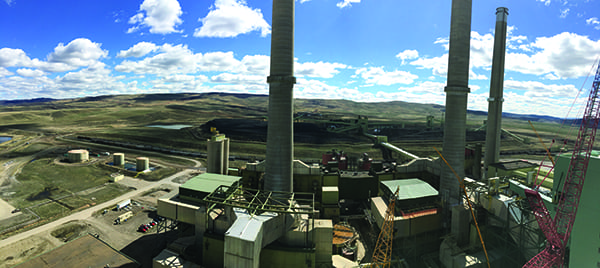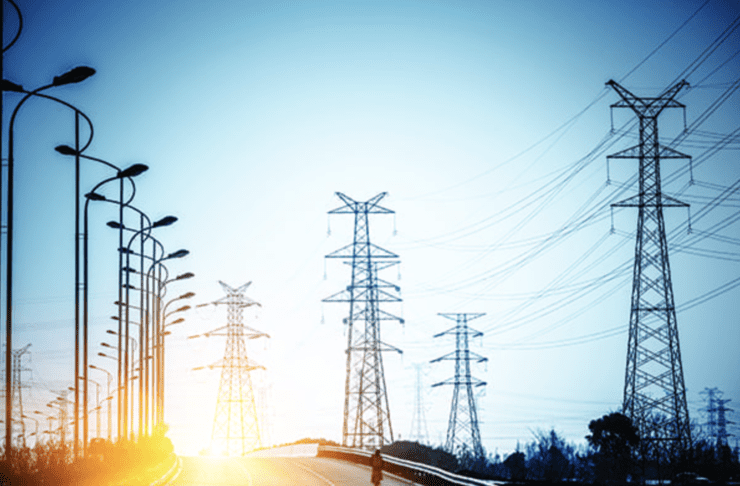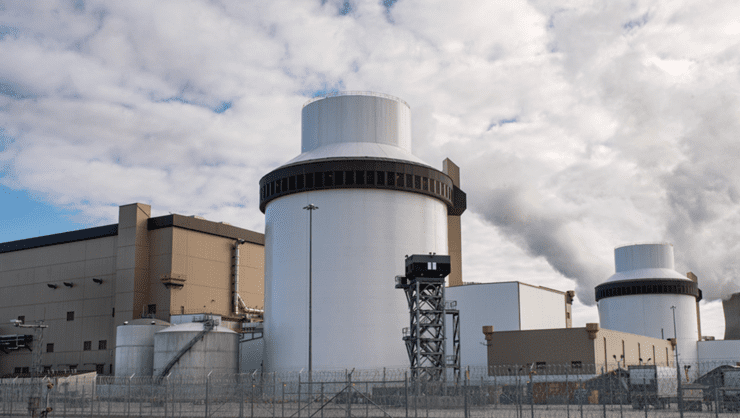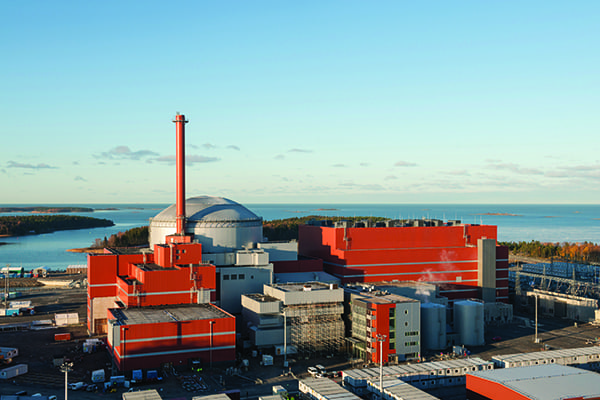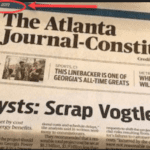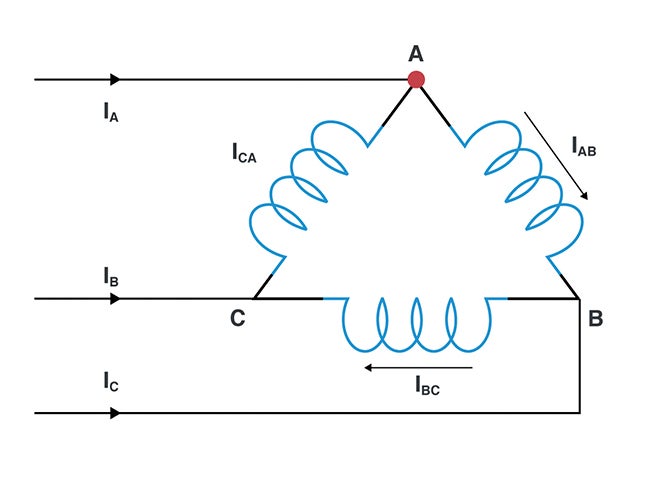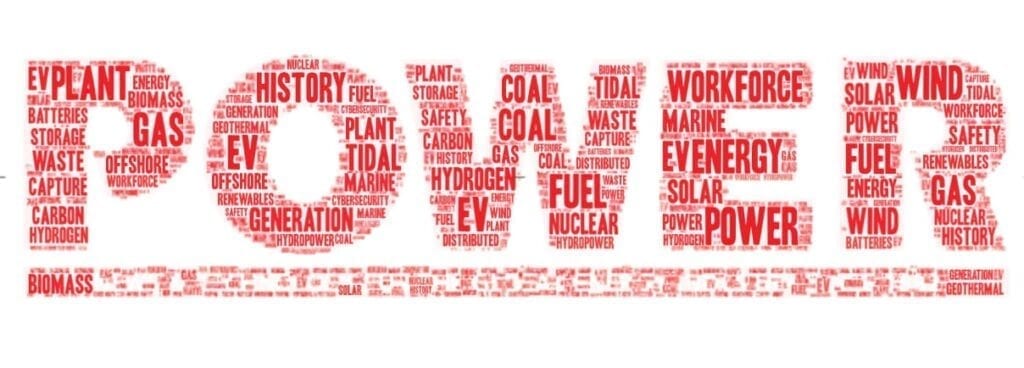In a recent guest essay entitled “A Star Is Born, as Plant Vogtle Nuclear Expansion Enters Service,” Georgia Public Service Commissioner Tim Echols wrote glowingly about Plant Vogtle, the first new reactor to come online in the U.S. in 30 years. He even praised Southern Company for keeping the project going during COVID.
But what didn’t he mention? Ratepayers—you know, customers—the people who are paying the bills. He also failed to mention the length of time it took to build this plant or its costs.
But here’s the truth: At $35 billion, Plant Vogtle is the most expensive power plant ever built on earth. Vogtle’s electricity is estimated to cost $170–$180/MWh, which is astoundingly high. These high costs are why 49 other states decided against building nuclear plants, even with lavish federal subsidies. They pursued far more affordable clean-energy solutions: 2,200 MW of geothermal would have cost just $9 billion, and solar plus storage would have cost between $4 billion and $5 billion, less than a fourth the cost of Vogtle.
Commissioner Echols also praised co-owners, claiming they collaborated with Georgia Power “with dogged determination to finish this project.” But he omitted the litigation in which MEAG—the Municipal Electric Authority of Georgia—and Oglethorpe Power sued Georgia Power when cost overruns became extreme, and the JEA (Jacksonville Electric Authority) suit against Georgia Power to cancel its contract for the same reason.
Georgia is one of only four states in the nation with no Consumer Utility Counsel (CUC), an agency designated by most states to act as an independent ratepayer advocate when utility commission decisions are made. The Georgia legislature defunded the CUC in 2008, the year before Plant Vogtle began construction. The loss of this agency cannot be overstated: with no consumer advocate at the commission, Plant Vogtle proceeded with no cost-cap, no consumer protections, and Public Service Commission (PSC) staff were prohibited from conducting analysis comparing the costs of nuclear to clean energy alternatives.
As a result of these missing protections and analysis, Plant Vogtle proceeded to rack up enormous cost overruns with all risk on customers. On August 31, one month after Unit 3 began commercial operation, $2.1 billion will be added to Georgia Power’s rate base.
But that amount is small compared with what’s to come. Once fuel is loaded into Unit 4, expected late summer, Georgia Power will request commission proceedings to recover these cost overruns, expected to be $10 billion. Another $5.68 billion has already been approved and will not be part of the hearing.
Note that the $9 billion to $10 billion in cost overruns is just for Georgia Power’s 45.7% share of the project. When the partners’ share is included, the cost overruns total more than $18 billion. These costs will be paid by the municipal and electric membership cooperative (EMC) utility customers of the partners MEAG and Oglethorpe Power.
Georgia Power executives and Georgia PSC commissioners are making claims that the benefit of Plant Vogtle is clean energy. Commissioner Echols repeated that claim in his essay. But let’s be clear: clean energy wasn’t why Plant Vogtle was built. Georgia has no climate mitigation plan or renewable energy goals it is trying to meet. In July 2022, the Georgia PSC, including Commissioner Echols, voted to authorize Georgia Power to add 2,300 MW of natural gas into its generation mix, even more energy than what Plant Vogtle will add.
The same year that Plant Vogtle began construction, 63 Southern Company lobbyists went to Washington, D.C., to oppose the American Clean Energy Act of 2009, twice as many lobbyists as even the Edison Electric Institute had. Imagine if the U.S. had begun working to accelerate energy efficiency and limit carbon emissions over 13 years ago—would this summer’s searing heatwaves and destructive wildfires be taking place?
It is an extraordinary claim that clean energy is the reason Plant Vogtle was built, given that history. Plant Vogtle was built because Georgia Power is incented to build capital projects. This business model dates to the mid-20th century when America’s grid needed rapid build-out, but it’s an obsolete, counterproductive incentive now. At least 14 states have recognized that and changed how their utilities earn profits by adopting PBR—performance-based ratemaking, which incentivizes performance on metrics such as expanding efficiency and increasing clean energy, rather than building capital projects.
A second reason Plant Vogtle was built is that the Georgia PSC celebrates what it calls a “constructive regulatory relationship” with Georgia Power. The PSC believes that a close relationship benefits all parties, which was easily seen in Commissioner Echols’ essay. But this type of relationship results in unfairly favorable decisions for the regulated utility to the detriment of customers who have no choice in their electricity provider. Being accommodative to a regulated monopoly utility is not the proper role of a regulator.
It doesn’t have to be this way. The beauty of the digital era is that it allows for new and better solutions. Data analytics, grid edge services, and fully funding demand-side management—in addition to cheap renewables like wind and solar coupled with storage, geothermal, virtual power plants, and other flexible load solutions is the grid of the future. Exciting things are still to come with distributed energy and vehicle-to-grid services that electric vehicle (EV) batteries may one day provide. Building large command and control generation sources far from populated areas is far too expensive and no longer appropriate.
People rightfully expect that regulatory officials are working to keep access to lifesaving electricity affordable. When we find that they aren’t, those responsible must be held accountable. One good place to start is creating an independent commission to investigate what happened, serving as the basis for urgently needed reform.
—Patty Durand is the founder and president of Cool Planet Solutions.








